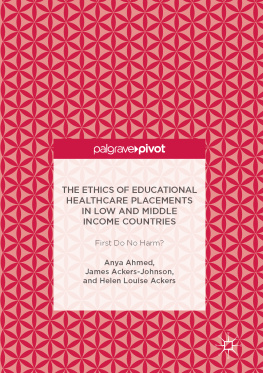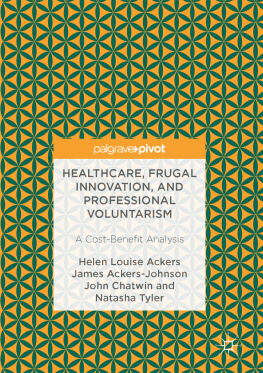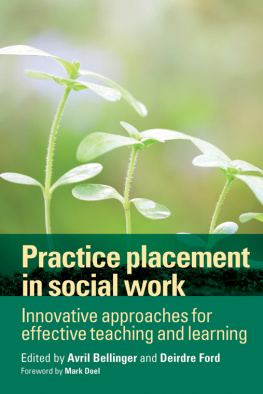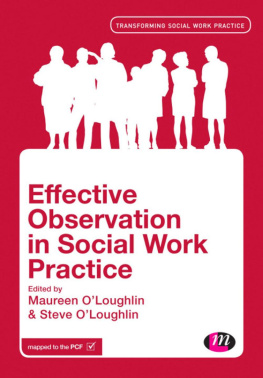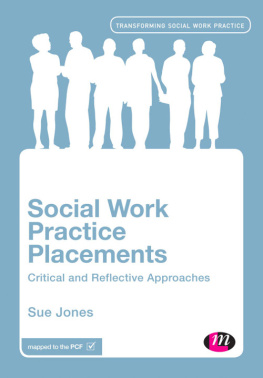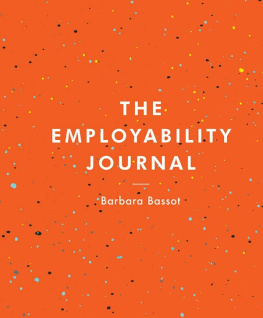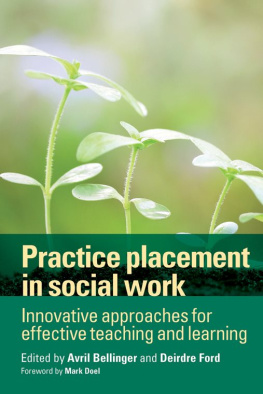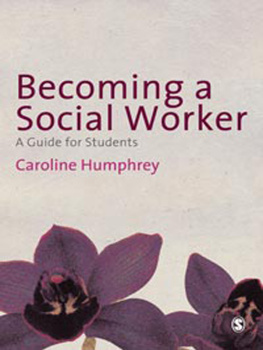Globalisation, Internationalisation and Undergraduate Mobilities
Internationalisation has emerged as an increasingly important metric in UK university league tables and marketing. Indeed most, if not all, UK universities now actively promote an Internationalisation Strategy (Coey ). In recent years, the internationalisation of education has become more firmly associated with the selling of educational programmes to international fee-paying consumers. The importance of English to these consumers, coupled with the relatively poor linguistic skills of young people in the UK, has influenced mobility flows and shaped the outward mobilities of UK undergraduates. In more recent years, and in some respects linked to the international offer, with the intention of making UK courses more relevant and attractive to foreign consumers, attention has shifted to incorporate an international dimension into teaching. And, linked to this but perhaps rather differently motivated, the broadening of curricula and educational experiences has been viewed as essential to the future employability, resilience, connectedness and culture competence of graduates. Additionally, as evidenced by Health Education Englands interest in funding the Ethical Educational Placement (EEP) project, internationalisation has been recognised as a mechanism for accessing new knowledge which students who participate in study and work abroad programmes can bring back to enrich home institutions.
It is difficult to talk about internationalisation without acknowledging and placing it within the context of globalisation (De Wit et al. ).
Brooks and Waters () identify three features of the relationship between globalisation and higher education. In the first instance, this concerns the role that universities play in the commodification of programmes. Here, demographic trends are significant with student (consumer) flows showing a marked directional imbalance (from the global South-East to the global North-West). Secondly, the authors point to the rapid emergence of private, for profit universities, particularly in Asia and Latin America. And finally, they refer to new ways of delivering international higher education programmes through e-learning, franchise operations, satellite campuses and split-site arrangements.
Clearly, the global context within which higher education institutions operate is changing and internationalisation comprises an increasingly wide range of initiatives (De Wit ).
Student Mobility
Student mobilities play an important role in internationalisation and globalisation processes. Until recently, student mobility has not been a major focus in academic research on international migration and population movements, and researchers interested in human mobility, particularly those investigating international migration, have neglected the importance of international student migration (Findlay et al. ).
In summary, a complexity of processes combine to drive and potentially facilitate international student mobility. At the macro scale these include economic and cultural globalisation and internationalisation of systems. These are complemented by institutional level initiatives and individual motivations including the desire for adventure and future employability.
In March 2012, a Joint Steering Group on Outward Student Mobility submitted a report to David Willetts the UKs University Minister making a series of recommendations to encourage outward student mobility. These included:
There should be a national strategy for outward student mobility;
There is a need for stable funding for mobility for example from philanthropy, scholarships and bursaries;
There needs to be flexibility in the curriculum so students can spend time abroad during their studies and for their experience to be more widely recognised;
It is necessary to collect available data on mobility and there needs to be some consensus about which data are required in evaluation;
Best practice and greater institutional collaboration is needed to deliver greater efficiency and effectiveness and also to increase diversity regarding student mobility; and
There should be a stronger promotion of international electives at school level, at the stage before students enrol at University.
The report also asserts that a national strategy on outward student mobility has the potential to support the widening participation agenda in UK universities) argue that even ostensibly touristic activities can have a profound impact on mobility, social capital and future careers. The challenge facing the new generation of educational placement providers is to ensure that access to such career enhancing opportunities are, as far as possible, open to all.
The type of mobility referred to in Altbach and Knights work ( The final form of mobility involves students who are registered in one country and undertake their taught programme there spending a short period of time on an elective (optional) placement.
The Elective
The elective, an optional form of study spent away from a students Higher Education Institution, usually for a period of 6 to 12 weeks (Banerjee ).
The term ethics refers to the moral principles that govern individual or organisational behaviour. There are thought to be three schools of ethical thought in Western philosophy: first, derived from Aristotle, the virtues of charity, justice and generosity are believed to be dispositions to act in ways that benefit the individual (agent) and the society in which an individual is placed. Second, influenced by Kant, ethics comprise duty, morality, rationality and the imperative to respect other (rational) beings. And, third, the Utilitarian position on ethics is that the guiding principles of conduct should be of the greatest benefit to the greatest number in a society. These schools of thought share a common focus on the moral responsibility of an individual or organisation to act in a manner which does not cause harm to other members in society. The phrase First do no Harm ( Primum non nocere ) is a guiding principle for physicians in their practice and forms part of the Hippocratic Oath, the moral code for ethical conduct and practice in medicine. Derived from this is the principle of non-maleficence (Sharp .
The second major ethical concern is with impacts in host (low resource) settings. Central to our discussion is a consideration of how sending institutions and students can avoid causing harm to host institutions and the communities they serve. In other words, we are concerned with the ethics and ethical practices of electives when there are power differentials between high and low resource settings. The aims of the book therefore are twofold; firstly, through our analysis of rich qualitative data generated with students, sending institutions and host institutions in Uganda and India, we provide new knowledge of the learning and impacts of international educational placements. Secondly, we present the Ethical Educational Placement Project (EEP) as a model embodying a set of guiding principles for ethical policy and practice in international educational placements across multiple disciplines. We now introduce the reader to the idea of the elective, its conceptualisation and the different forms they take before examining the EEP concept.

